The Community of Chemistry Graduate Students (CCGS) at the University of Minnesota aims to forge relationships between graduate students and help promote a healthy academic environment.
The group hosts regular events and workshops to help chemistry graduate students connect in a non-academic environment, which University faculty said creates a safe space for graduate students struggling with mental health or other issues.
University chemistry professor Phil Buhlmann said graduate study in the department can be an isolating experience for students who do not know many people outside of their research groups. CCGS aims to combat this by organizing social activities like coffee hours or group runs.
Buhlmann said these interactions reduce stress and make students more comfortable sharing mental health issues with their peers, who can offer support or direct them to other University resources.
The Department of Chemistry also offers mental health advocates for students to turn to if they are struggling.
Lee Penn, one of these mental health advocates, said CCGS has a strong focus on community, which promotes a healthy environment for graduate students.
“If you start to feel kind of isolated, then I think that’s when you run the risk of bigger challenges and struggles with regard to mental health and wellness,” Penn said.
Director of Operations in the Department of Chemistry Chuck Tomlinson said the graduate experience is typically thought of in terms of whether a student is tough enough to complete the program, which can be harmful to students’ mental health.
“The whole point is, ‘it’s hard,’ right,” Tomlinson said. “It’s hard to be a grad student. It’s hard to get a PhD.”
Penn said it is important to talk about student mental health because it is a common issue.
Buhlmann was Director of Graduate Studies in the Chemistry School when the group was formed in 2012. He said upon taking the position, he immediately wanted to bring issues of student stress and mental health to the forefront.
Buhlmann said he began by helping organize a mental health workshop for the entire chemistry department in fall 2012, including both undergraduate and graduate students.
Because the University did not discuss mental health as openly as it does now, Buhlmann said he was unsure of what the turnout would be like. However, around 80 people attended with the vast majority being graduate students.
Following the momentum from the workshop, Buhlmann said the formation of CCGS was primarily initiated by graduate students.
“We’ve always felt that it was important that the grad students were in the driver’s seat,” Buhlmann said.
Buhlmann said it has always been important to chemistry department faculty that graduate students determine what issues CCGS would focus on.
“It was always them self-organizing and basically bringing their interests to us,” Buhlmann said. “Working together with us, but in an equal relationship.”
A key aspect of CCGS’s work is the development of student surveys, Buhlmann said. Beginning in 2013, the group has worked with Boyton Health to survey chemistry graduate students every two years. CCGS and department faculty then analyze the survey results to determine what issues are most important to graduate students and how to address them, Buhlmann said, with mental health as a prominent example.
Buhlmann stepped away from the position in 2020, and University professor Aaron M. Massari is now the Director of Graduate Studies.
By continuing to bring issues of mental health to the forefront through the work of CCGS, Tomlinson said students feel they can ask for mental health support rather than tough it out.
“The test of going to graduate school should not be, ‘Do you have what it takes,’” Tomlinson said. “I view it as our role, as a graduate program and as the department in general, to help you be as successful as possible, to get off to the next step.”


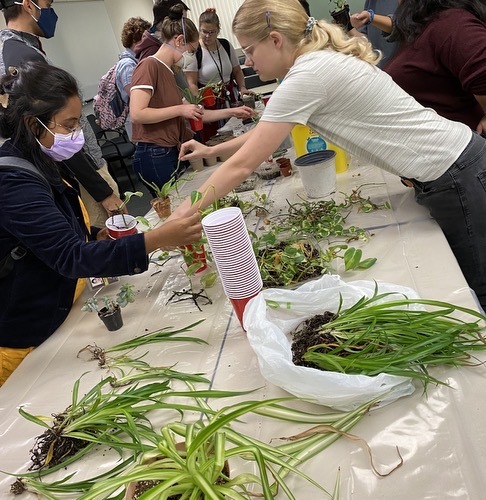
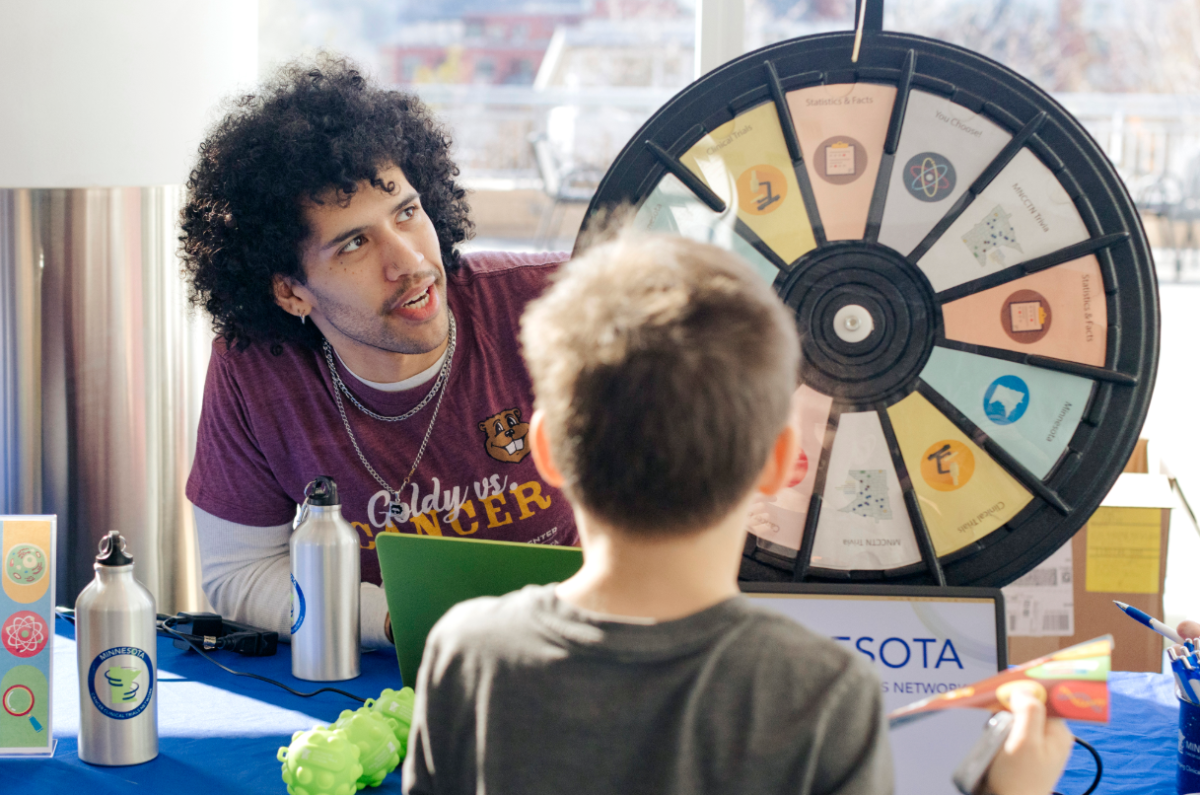


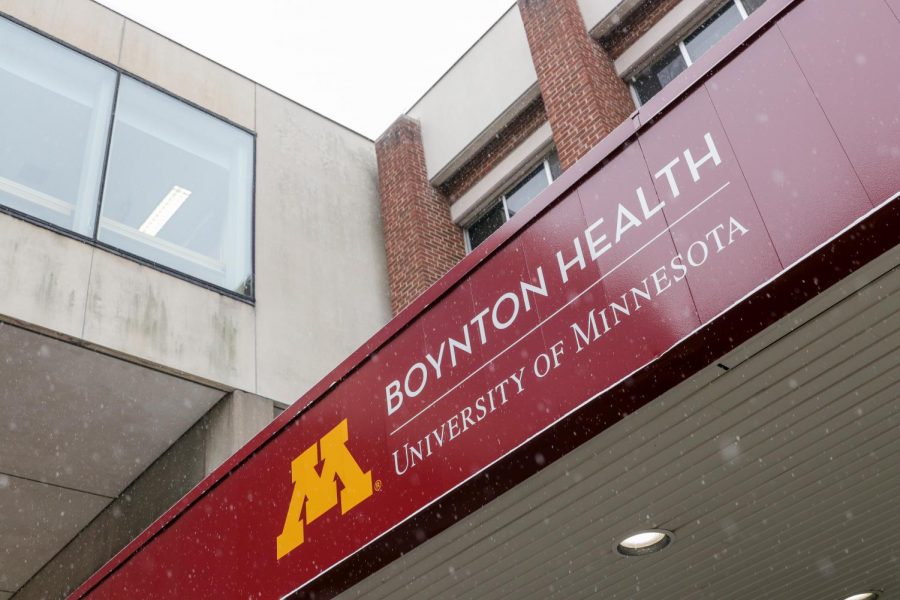
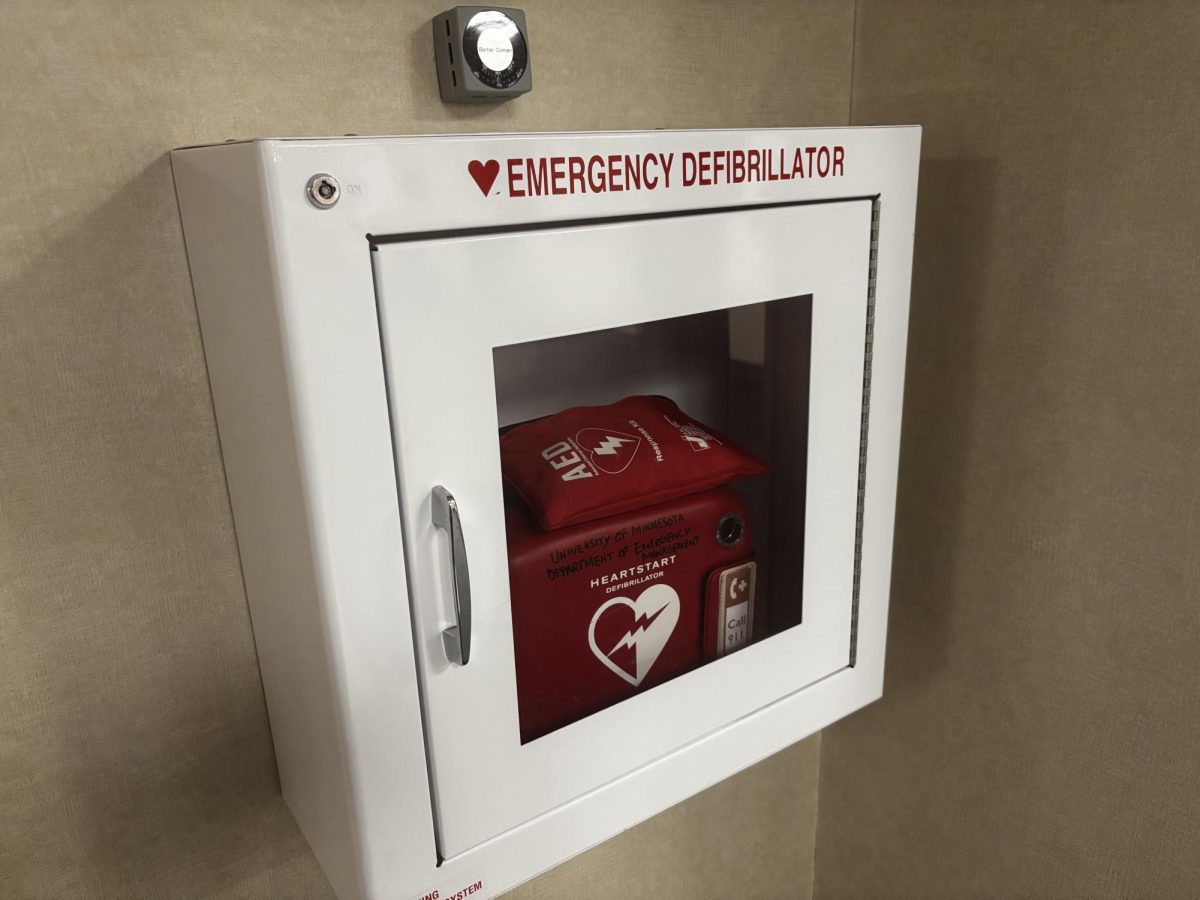
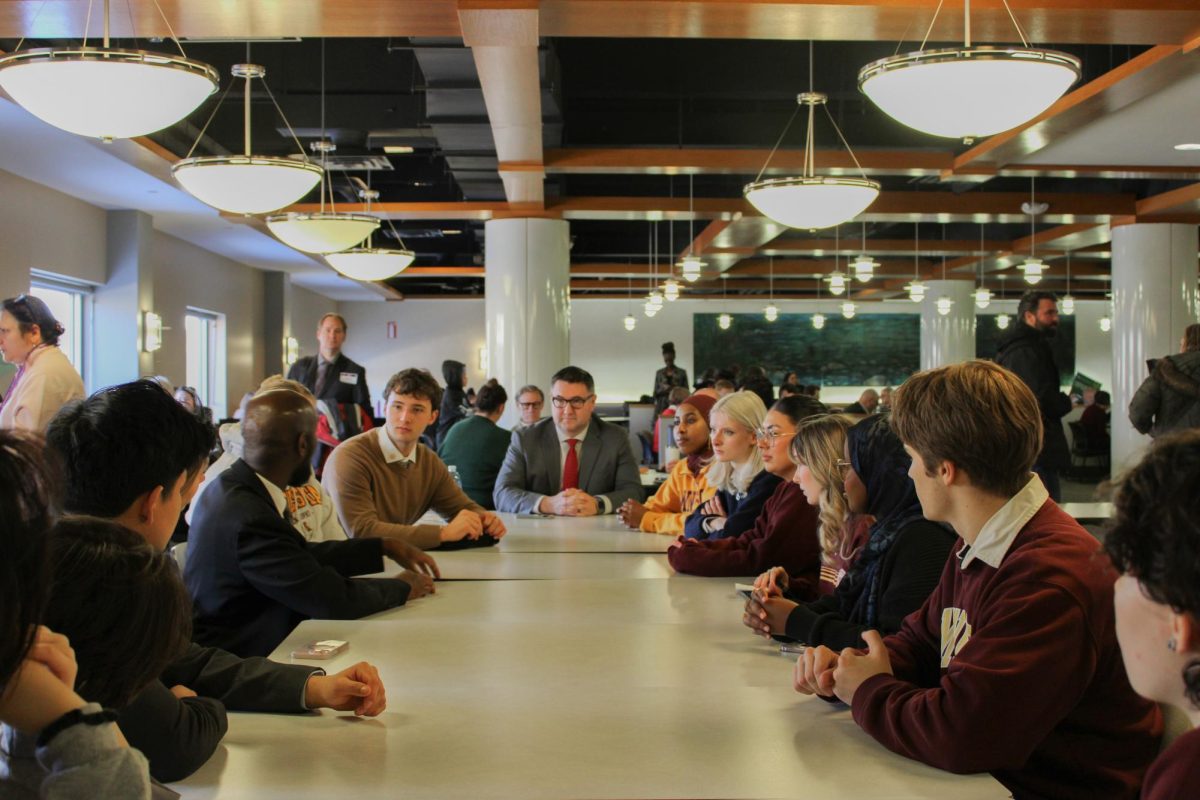
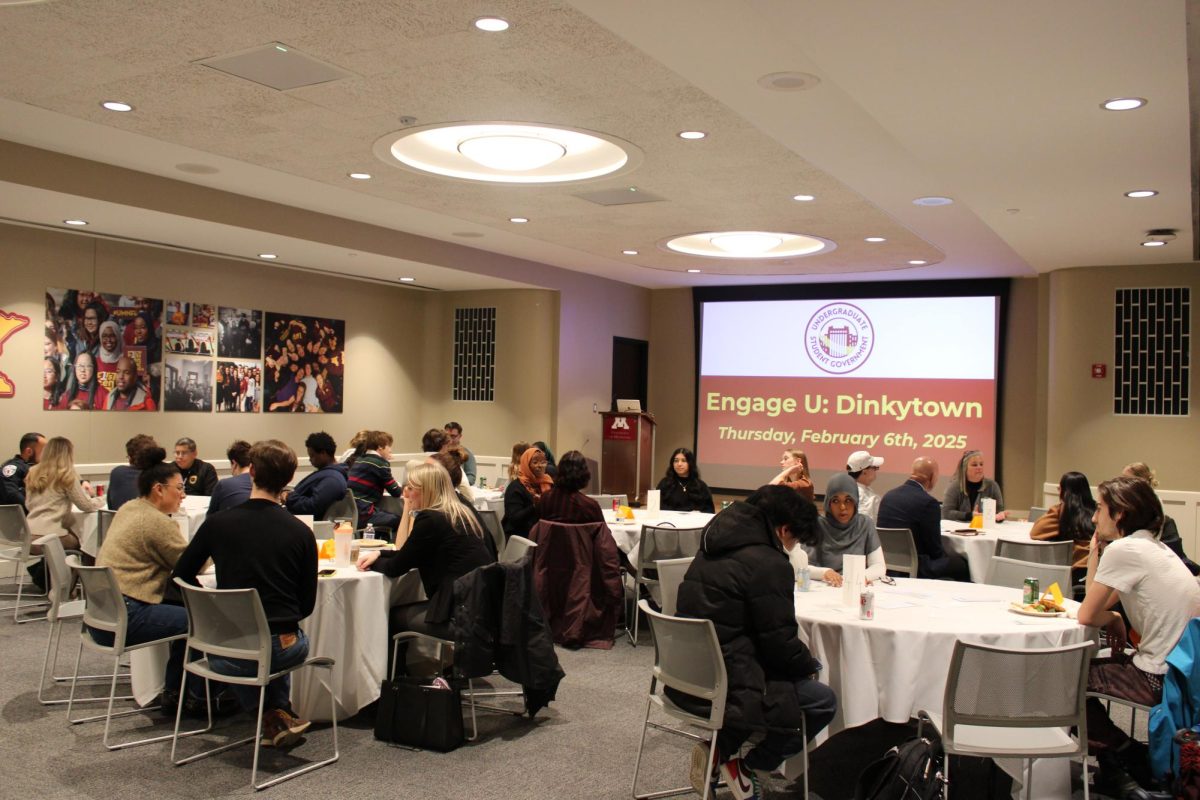
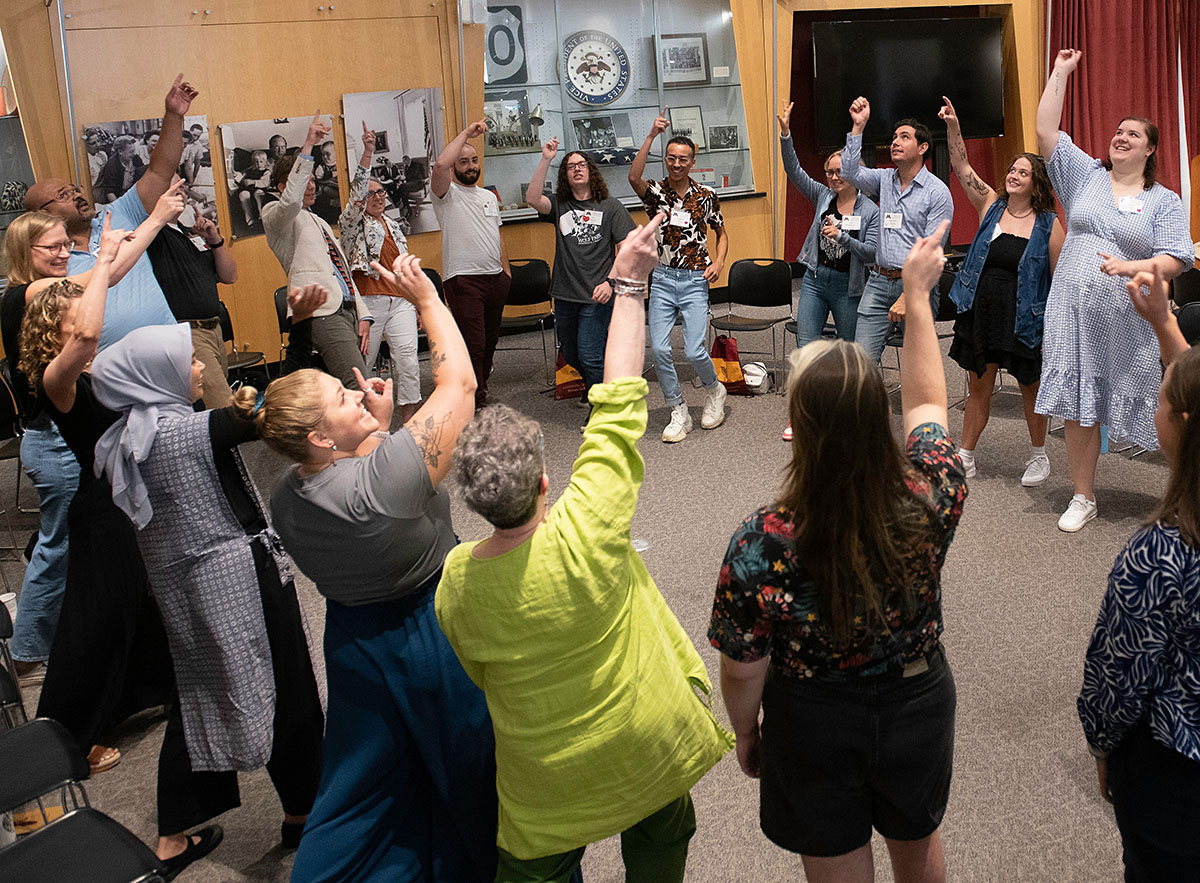
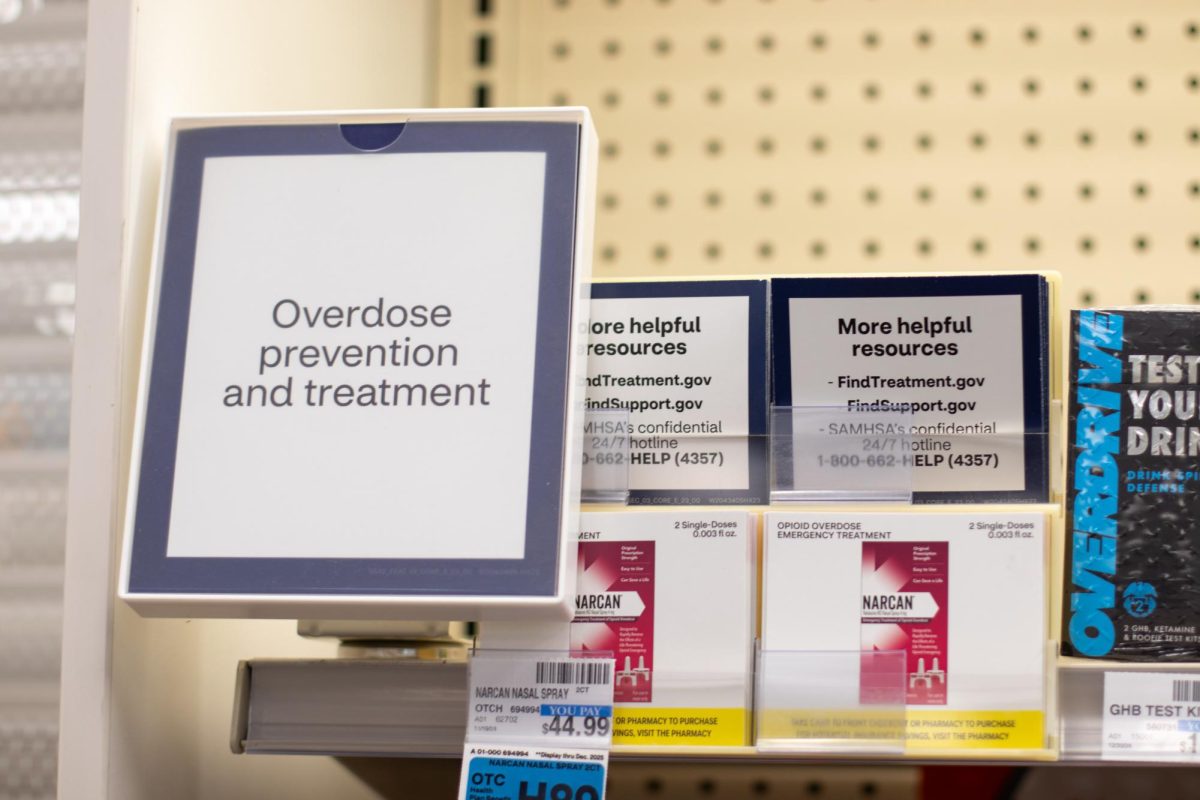



lee penn
Jul 5, 2024 at 9:01 am
CCGS does great work in the department of chemistry. Their events welcome grad students, undergraduate students, staff, post-docs, and faculty. They often make a pot of coffee and offer up snacks alongside whatever activity is the activity of the moment. Every time I participate, it’s a highlight of my day. There are so many great things happening in our department, and this is definitely one of them. Huge kudos to the reporter and to the CCGS organizers and committee members.
Tricia
Jun 21, 2024 at 3:50 pm
I appreciate this reporting!
Well done, Prof Buhlmann and CCGS. Thank you for being so pro active on behalf of feeling better!